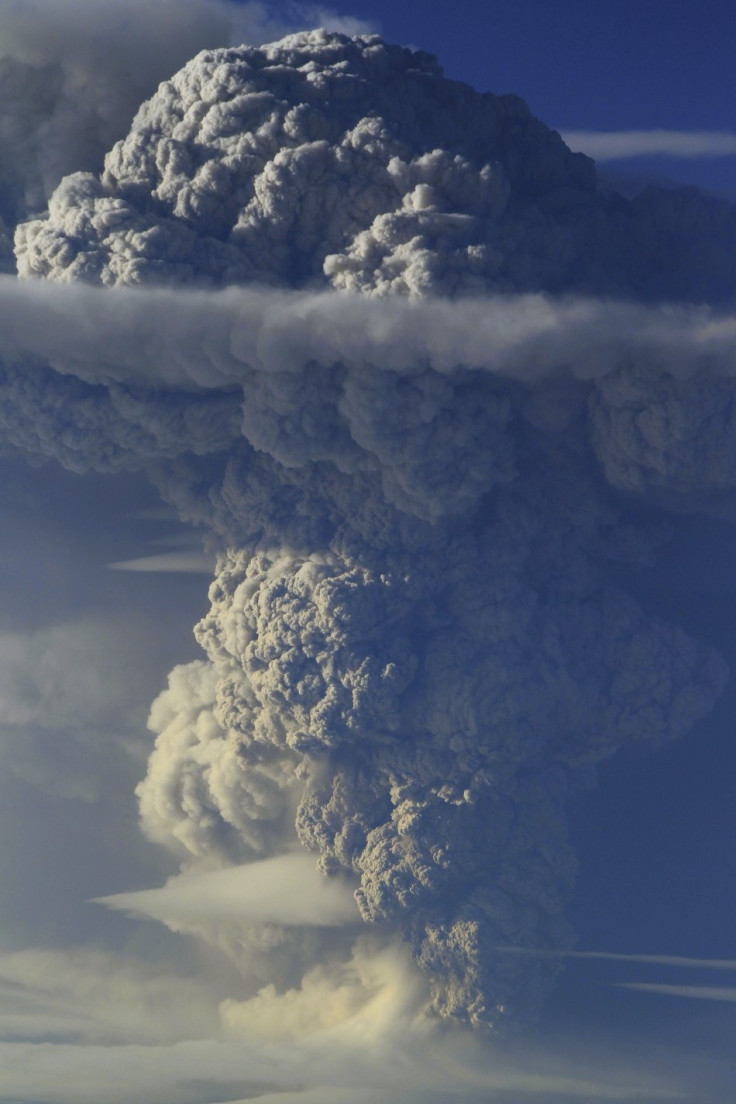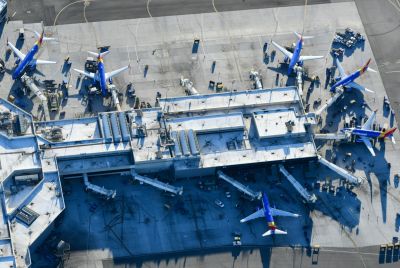New ash cloud could ground flights for weeks as Iceland’s most feared volcano is set to erupt

Reports in the Daily Mail claim that Iceland's most feared volcano, Hekla, is set to erupt, causing widespread chaos for flights this summer. Hekla is Iceland's most feared volcano and its eruptions in the past have caused considerable damage. The volcano is dubbed 'Gateway to Hell' and Iceland officials expect the volcano to erupt soon after 'unusual' activity was recorded.
The volcano could produce four times as much ash as any of the previous volcanic eruptions and could ground planes for days. It is expected that if the volcano erupts, it would send a blanket of volcanic ash sweeping across the whole of Europe causing severe disruption for travellers. The size of the eruption is expected to be bigger than any eruption that has caused disruption in the past scientists have revealed.
University of Iceland geophysicist Pall Einarsson yesterday said an eruption could not be expected imminently but he expected it to erupt 'soon.' 'No eruption has started in Hekla volcano. But it might start without any warning', Icelandic volcano expert Jon Frimann added. 'Nobody seems to know what is going on with these magma moments for the moment,' he told Irish Weather Online.
Geoscientists believe that 'unusual' magma movement deep beneath Hekla could signal the early stages of activity that could lead to a massive eruption. The Eyjafjallajokul eruption in April 2010 produced roughly 1.8 cubic km of ash over three days. The main reason it grounded so many flights for over a week was that the ash cloud hung so low.
Hekla has the potential to cause even more disruption. How bad it could be depends on the scale of the explosion and the speed and direction of the wind. The Icelandic Protection Authority said it was closely monitoring the situation at Hekla.
Eruptions have occurred in 874, 1158, 1206, 1222, 1300, 1341, 1389, 1510, 1597, 1636, 1693, 1766, 1845, 1947, 1970, 1980, 1991 and 2000.
© Copyright IBTimes 2025. All rights reserved.





















